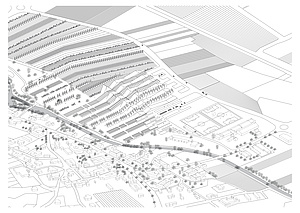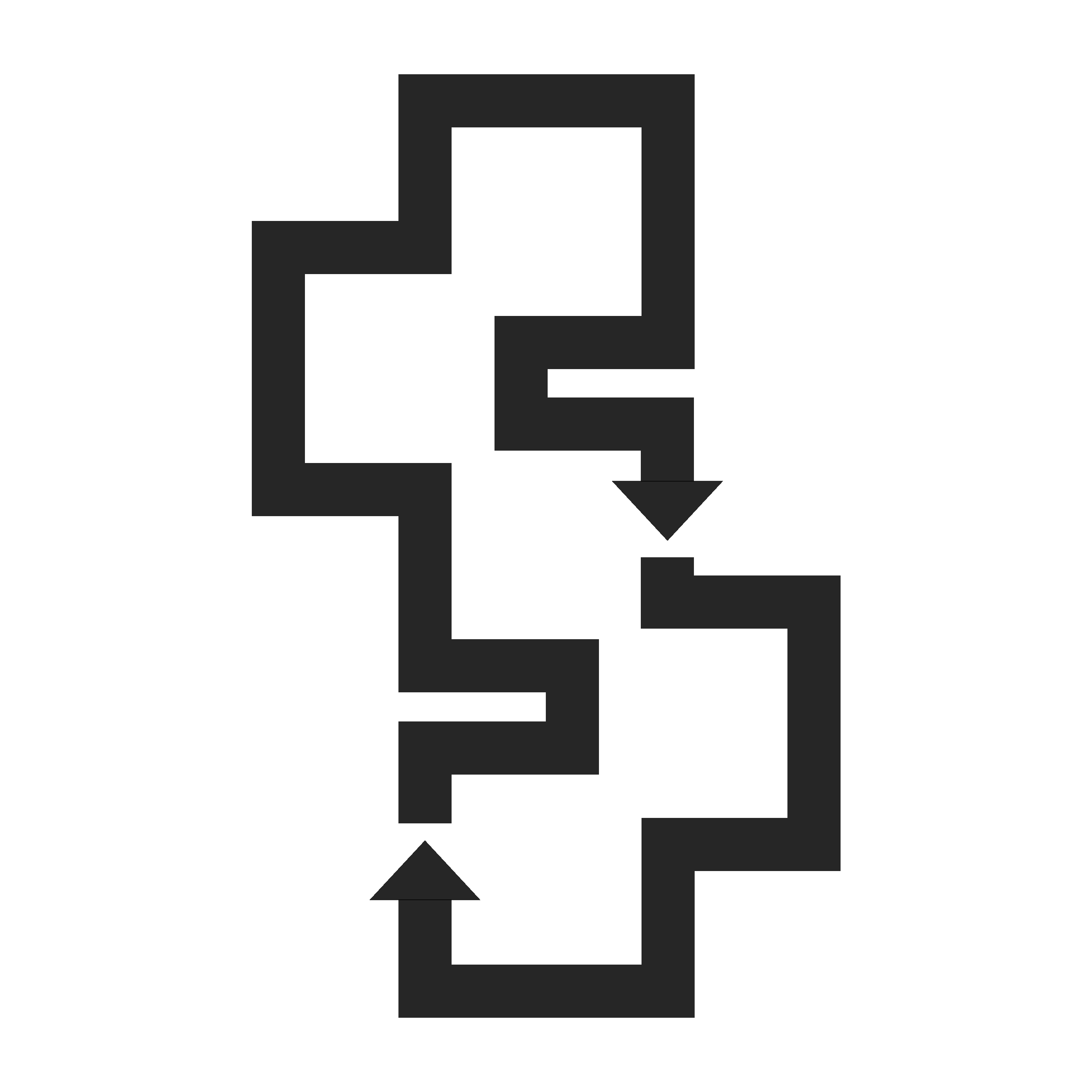
With INTEGRAL TEACHING, a format was put centre stage that can bring together local knowledge of handicrafts and agriculture, as well as practical action, academic curiosity and scenario approaches. Concepts and proposals were put forward on various political levels via a relatively wide-ranged project consortium.
As a resource, landscape is gaining increasing relevance as a source of energy. Townscapes and landscapes are facing a radical restructuring process, not only as important pillars of European cultural landscape, but also as a tourist and thus also economic resource. Changing landscapes evoke questions on social, tourist and individual acceptance. INTEGRAL E+ addressed the question of developing select criteria relating to the conception, design and integration of alternative power plants to ensure the sustainable implementation of and identification with a lasting townscape or landscape. INTEGRAL E+ sought to position the introduction of innovative technologies positively, i.e. as a cultural gain, by developing appropriate landscape and construction-related typologies that would generate visions of specifically novel townscapes and landscapes. Also, it was aimed to link existing knowledge gained from practical action (local actors) more strongly to expert knowledge and the potential of research and development as well as to possibilities offered by teaching. New forms of co-operative learning processes could provide a means to tackle those complex tasks and ensure sustainable development.
Eastern Styria, especially the region around Bad Blumau, was selected specifically in view of the task in question, since it owes its economic growth in recent decades to spa and wellness tourism. Point of departure in terms of content was the discrepancy in regional perception between supporting increasingly industrial perspectives for a region and preserving historical smallholding structures, as well as focusing on spa and health treatment tourism with high demands on the regional landscape, its character and on agriculture. With INTEGRAL TEACHING, a format was put centre stage that can bring together knowledge of local handicrafts and agriculture, as well as practical activity, academic curiosity and scenario approaches. Concepts and proposals were put forward on various political levels of the region via a relatively wide-ranged project consortium.
Project duration:
2010 — 2013
Financing:
Climat and Energy Fund („New Energies 2020“)
Project management:
Institute of Architecture and Landscape, TU Graz
Projectpartnerships:
Institute of Process- and Particle Engineering, TU Graz
Workinggroup process evaluation / Thermenland
Styrian Marketing GmbH / Gemeinde Bad Blumau /
Regionalmanagement Eastern Styria – Verein zur Förderung der Regionalentwicklung / Ökocluster
Project duration:
2010 — 2013
Financing:
Climat and Energy Fund („New Energies 2020“)
Project management:
Institute of Architecture and Landscape, TU Graz
Projectpartnerships:
Institute of Process- and Particle Engineering, TU Graz
Workinggroup process evaluation / Thermenland
Styrian Marketing GmbH / Gemeinde Bad Blumau /
Regionalmanagement Eastern Styria – Verein zur Förderung der Regionalentwicklung / Ökocluster
